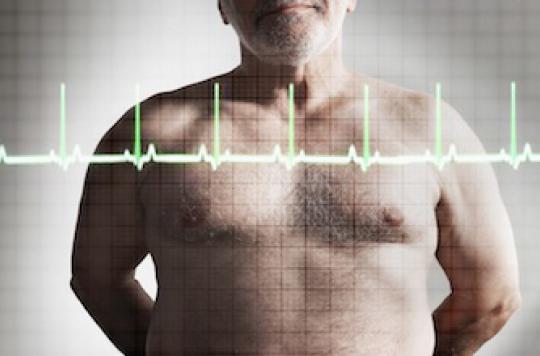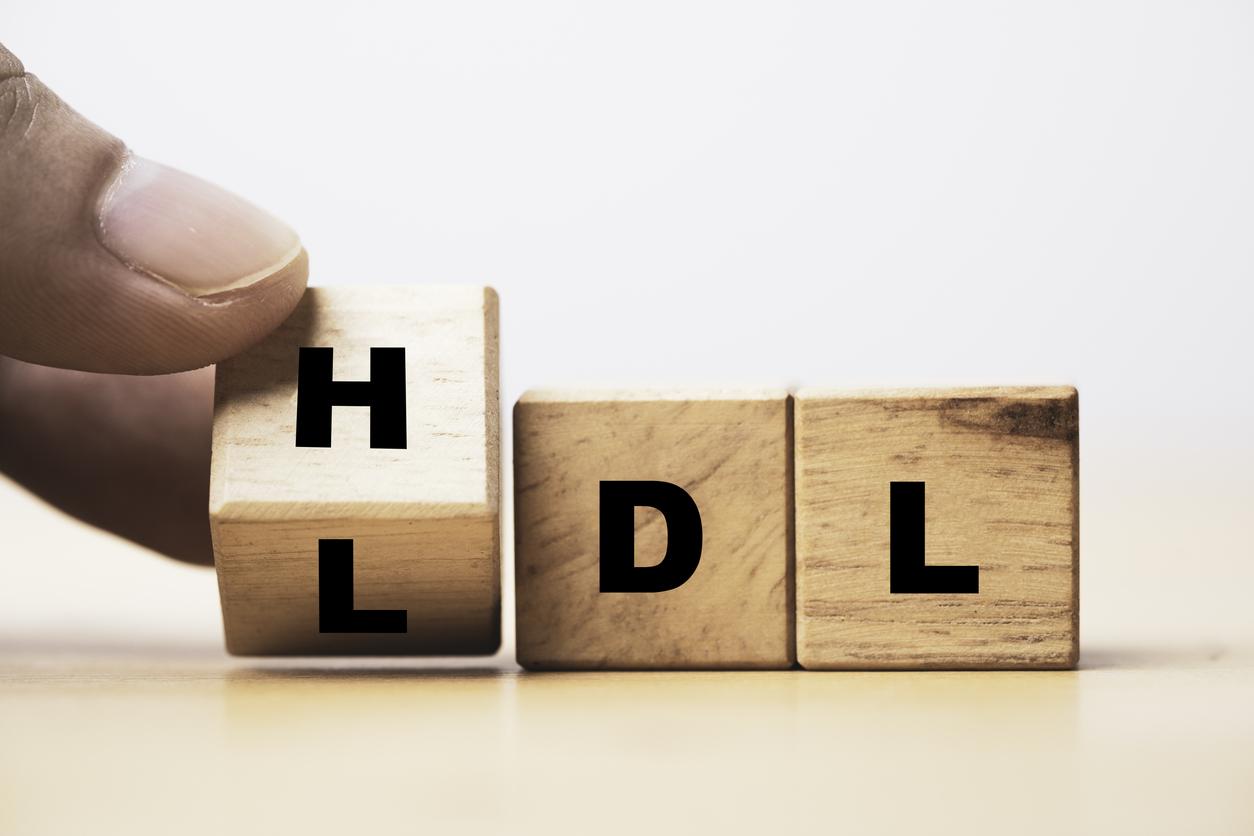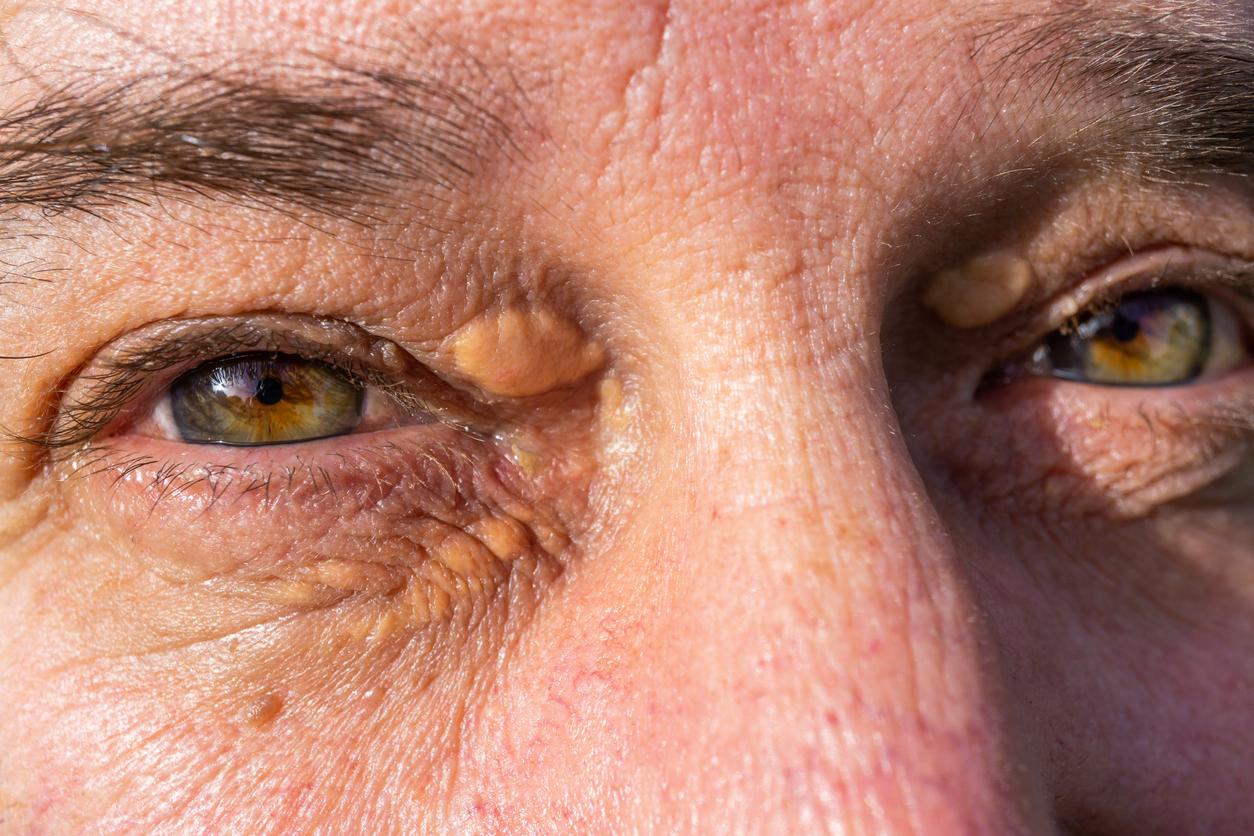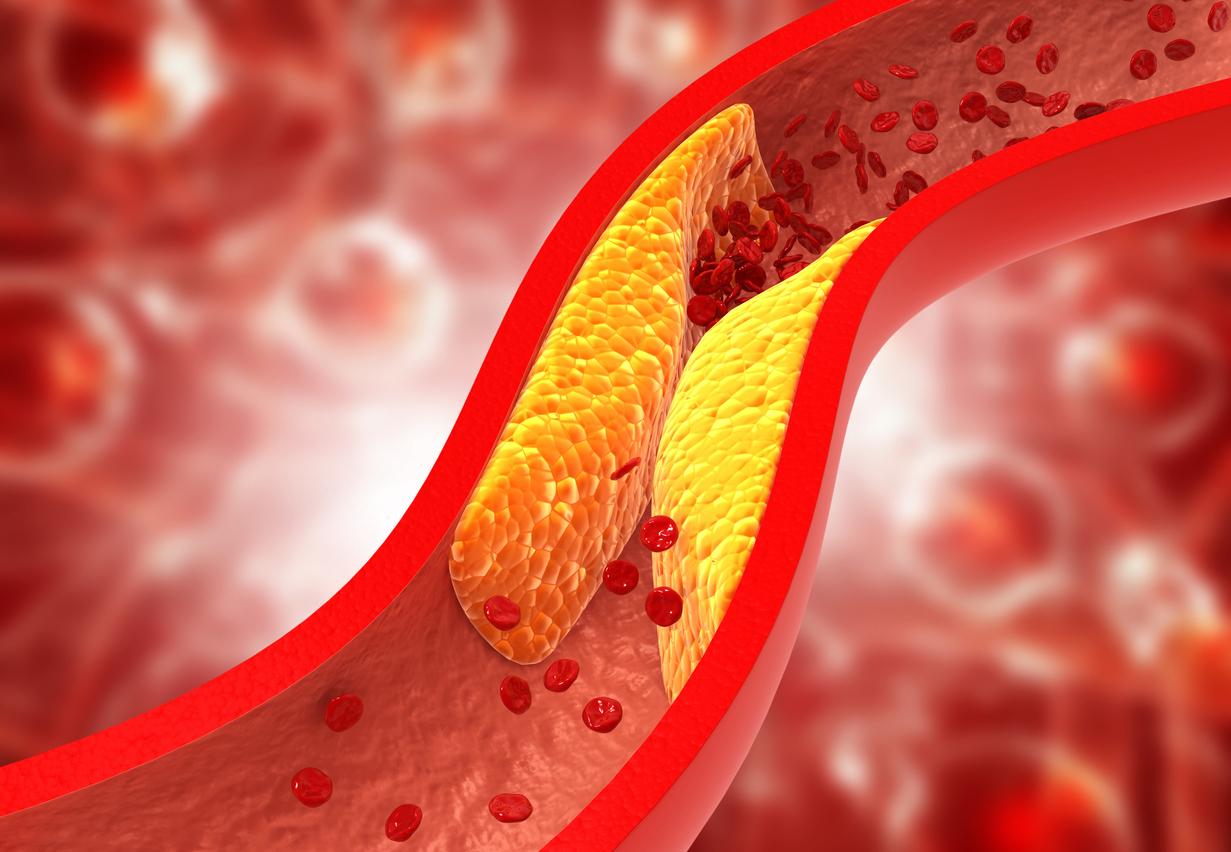“There is no such thing as bad cholesterol”. In a controversial book, Professor Philippe Even denounces dogmas and unnecessary treatments. Doctors remind us of the prescription conditions that patients must continue to observe.

“There is no such thing as bad cholesterol. “” High cholesterol is a made-up disease. There is no benefit in treating it ”. Professor Philippe Even once again puts his foot in the dish with his book “The truth about cholesterol”, of which the Nouvel Observateur has just published extracts. In this book to be published on February 21, the pulmonologist therefore criticizes the prescription of statins. According to him, these cholesterol-lowering drugs should only be prescribed for 100,000 people while they are for some 5 million French people.
“It’s a cookie-cutter, dogmatic and very provocative judgment,” said Professor Jean-Luc Harousseau. However, the president of the Haute Autorité de Santé (French National Authority for Health) readily acknowledges a part of the truth in Prof. Even’s remarks. It must be said that the health insurance figures give him partly right.
France, No. 2 in Europe for statin consumption
In 2011, as in 2010 and 2009, statins occupied the top two places on the list of ten most prescribed drugs. In addition, according to a Cnamts study dating from 2006, France is leading the way in expenditure and in the volumes consumed of cholesterol-lowering drugs. And concerning statins, France is ranked 2nd in Europe. The average consumption of statins is 25 tablets per year and per capita, whereas in Germany it is 15 tablets.
Aware of this excessive consumption, the Health Insurance took action in 2005, which quickly bore fruit. In 2006 and 2007, expenditure on statins fell by 4.4% per year, while they recorded increases of around 15% in previous years. A “shift” however “insufficient” in the eyes of the Cnamts which launched in 2008 a campaign aimed at doctors and patients. The objectives are clearly to display: “to avoid the systematic prescription of statins”, to start the treatment with low dosages, to determine a level of LDL-cholesterol to be reached according to the cardiovascular risk of each patient… Clearly, the Health insurance wishes that the doctors get into the nails and respect the official recommendations.
Listen to Prof. Jean-Luc Harousseau, President of the Haute Autorité de santé: “There are two situations where the value of statins is not in doubt.”
On the other hand, Prof. Harousseau agrees with Prof. Even’s position on one point: “There is no evidence that statins have an advantage in patients who have an increase in cholesterol but no other risk factors,” such as hypertension, smoking, history of heart disease … And for good reason, these patients are at low cardiovascular risk.
Statin recommendations not followed
These recommendations, contested by Prof. Even, are certainly open to criticism, but in any event, they are not applied to the letter. In 2008, Health Insurance already noted that “40% of patients newly treated with statins were primary prevention patients with low cardiovascular risk. “
In the field, some doctors are not fooled. “There are some patients who would be better off if they did not take their statins,” says Dr Jean-Luc Gallais, general practitioner in Paris. According to him, some studies do indeed tend to be over-interpreted. “They show that statins reduce mortality by 30%. But, we forget to say that a thousand patients must be treated to measure this reduction in mortality in 2 or 3 of them, underlines Dr. Gallais. In other words, in real life, we cannot reproduce these results. “In addition, statins should in no case replace advice on healthy living, which has been proven to be effective.
Listen to Dr Jean-Luc Gallais, general practitioner in Paris:“If you think you’re controlling a risk factor with a statin, that’s a decoy.”
However, should the baby be thrown out with the bathwater? No, answers Professor Harousseau because “there is indeed a statistical relationship between the cholesterol level and the frequency of heart attacks. “
Listen to Prof. Claude Le Feuvre, President of the French Federation of Cardiology: “There is a long-established link between cholesterol and cardiovascular disease. “
Suddenly stopping treatment presents risks
On the other hand, indiscriminately lowering everyone’s cholesterol level is not the right strategy. “Lower is better”, “The lowest rate is the best” is no longer the order of the day. There is no such thing as the ideal cholesterol level. For example, a female smoker with an LDL cholesterol level of 2.50 g / l should aim for a level of 1.90 g / l. On the other hand, a man who has already had a heart attack should aim for the threshold of 1g / l. The target to be reached is therefore different and the strategy also differs.
So there is not a truth about cholesterol and statins but truths. In the current climate of suspicion about drugs, these nuances are not always perceptible. Suddenly, many doctors fear that patients stop their lipid-lowering treatment, without even informing them.
Listen to Prof. Claude Le Feuvre : “It’s more than a fear, it’s a certainty. Thousands of patients will stop their treatment.”
.















